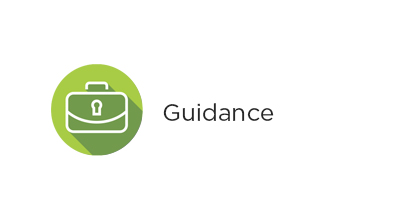
 The use of the same senior personnel on the engagement team on an assurance engagement over a long period of time may create a familiarity threat. The significance of such a threat will depend on various factors. The threat should be evaluated and, if other than clearly insignificant, safeguards should be applied to reduce it to an acceptable level.
The use of the same senior personnel on the engagement team on an assurance engagement over a long period of time may create a familiarity threat. The significance of such a threat will depend on various factors. The threat should be evaluated and, if other than clearly insignificant, safeguards should be applied to reduce it to an acceptable level.
Rule 204.4(20) limits the time senior personnel can participate on an audit engagement of a reporting issuer or listed entity to no more than seven years in total. The rule also restricts these senior personnel from participating in the audit until a further number years have elapsed - commonly referred to as the “cooling off period.” The respective senior personnel, though, may be consulted for the purpose of transferring knowledge of the client to the engagement team.
Rule 204.4 (20)(a) – A member shall not continue as the lead engagement partner or the engagement quality control reviewer with respect to the audit of the financial statements of a reporting issuer or listed entity for more than seven years in total, and shall not thereafter participate in an audit of the financial statement of the reporting issuer or listed entity until a further five years have elapsed.
Rule 204.4 (20)(b) – A member, who is a key audit partner with respect to the audit of the financial statements of a reporting issuer or listed entity, other than a lead engagement partner or engagement quality control reviewer, shall not continue in such role for more than seven years in total and shall not thereafter participate in an audit of the financial statements of the reporting issuer or listed entity until a further two years have elapsed.
Additional Resources
In regards to the above Rule, the IESBA has issued “Staff Questions & Answers – Long Association of Personnel with an Audit Client” in May 2019. Several frequently asked questions and answers are presented in the document including:
- Audit Partner Rotation Provisions
- Breaks in Service
- Combination of Roles
- Shorter Cooling-off Period Established by Law or Regulation
- And other issues.
CPA Canada has issued a “Guide to Canadian Independence Standard” (2016). The Guide contains explanations, examples and frequently asked questions intended to provide assistance in understanding and applying the independence standard.
Rate this Entry
Current rating: 0 yes votes, 1 no votes

